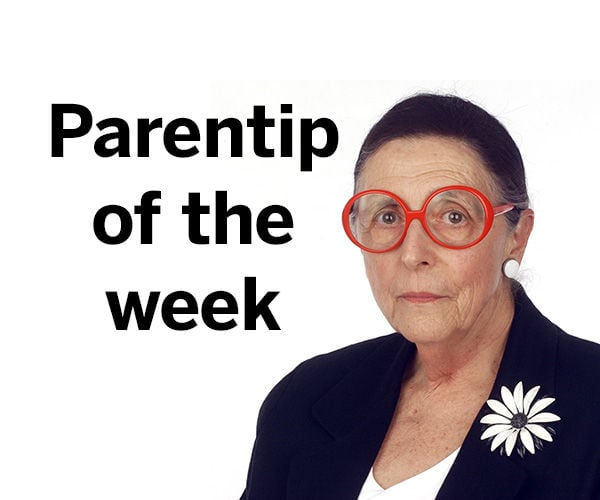“My daughter is in the fourth grade. She keeps saying nobody likes her. She used to say this to us when she was disciplined at home but now she says the teacher doesn’t like her and her friends pick on her. She gets good grades and when I see her play she seems to be having a good time. We keep telling her she has friends and gets good grades, and we are proud of her. Why does she have such low self-esteem? Is this something to worry about?”
We worry a lot about self-esteem despite the fact nobody beats the USA! American kids are the most confident in the world. Their scores on an instrument that measures narcissism (a high score means they think highly of themselves) have increased steadily since the 1980s.
Our overconfident children have big egos but, sadly, they have low achievement levels at school and in life. One example is that more than half of high school graduates predict they will get a graduate or professional degree even though less than 10 percent of young adults age 25 to 34 have such a degree.
And no wonder. Everybody — parents, teachers, and even Mister Rogers — have been telling our kids to feel good about themselves. You are special. Have fun, be happy. We say “Good job!” to our kids a lot even when it wasn’t.
This can take a big toll by distorting what children think of their abilities and what life will bring them. Feeling good about yourself is not all you need to be successful. You have to work at everything: school, job, relationships.
Learning the habits of working for success is what makes success happen.
Nobody wants children to be unhappy. But when parents and teachers worry, “Am I providing the child with self-esteem?” I remind them you can’t give self-esteem like a present, all wrapped up with a pretty bow!
The way I look at it, self-esteem is grounded on and supported by two “pillars.” Visualize a bridge held up by two pillars both of which are essential. The first pillar is unconditional love that helps the child learn “I am loved.” The second pillar is competency that provides the child with inner strength, “I can do it by myself!”
Parents today are well attuned to the meaning of unconditional love — loving the child for his or her unique self, not attributes or accomplishments or appearance. Parents also understand that they should meet the infant’s needs so the baby will develop a sense of trust and understand that the world is a pretty good place. When you’re hungry or wet, a nice big person comes and feeds and changes you.
Parents are not as attuned to the concept of self-calming, however. Fearful they will harm the child’s sense of trust and positive worldview, parents hesitate to let their baby cry.
All of us struggle with ambiguities in life including the ambiguity in some advice given to parents. When the baby is little parents should strive to meet every need so the baby learns about love and trust.
But when the baby is older, 3 months or so, parents should begin to give the baby a bit of time to self-calm. Allow a baby to learn self-calming. It is the first competency.
The next set of competencies come with crawling and toddling. Wise parents childproof the child’s environment so they can not only allow but also encourage safe exploration. Still later comes rough-and-tumble-play, climbing on slides, etc.
With every accomplishment the pillar grows higher. “I can do it myself!”
Later comes the competencies of responsibility and learning. We can start chores very early. Even toddlers can put toys away and carry a cup to the sink. And, of course, encourage a love of learning and let your child know you expect a good performance at school.
But beware of global, continuous praise. “What a good girl you are!” When children hear this phrase over and over it becomes meaningless, they tune it out. Plus children are realists; they know they are not always good so a credibility gap creeps in. Finally, if you put your child on a pedestal the poor kid has no place to go but down!
Praise should always be specific. Specific praise comes in three parts: describe what you are praising (“You put all your clothes away!), tell the child how you feel about what you just described (“I’m so glad you made your room look so nice before Grandma gets here!”), and give the child the word to describe the action (That’s being responsible!”).
I suggest the parents who wrote today’s letter cool it in terms of telling their daughter how good she is. When she complains nobody likes her, ask why she feels that way. Asking and then keeping quiet and listening is a competency all parents have to develop. We are so worried about all the things we have to tell our children we forget to listen.
Also tell the child’s teacher about your daughter’s feelings. Ask about her behavior at school and why she might feel nobody likes her. Little girls may gang up on one child, especially a sensitive one.





